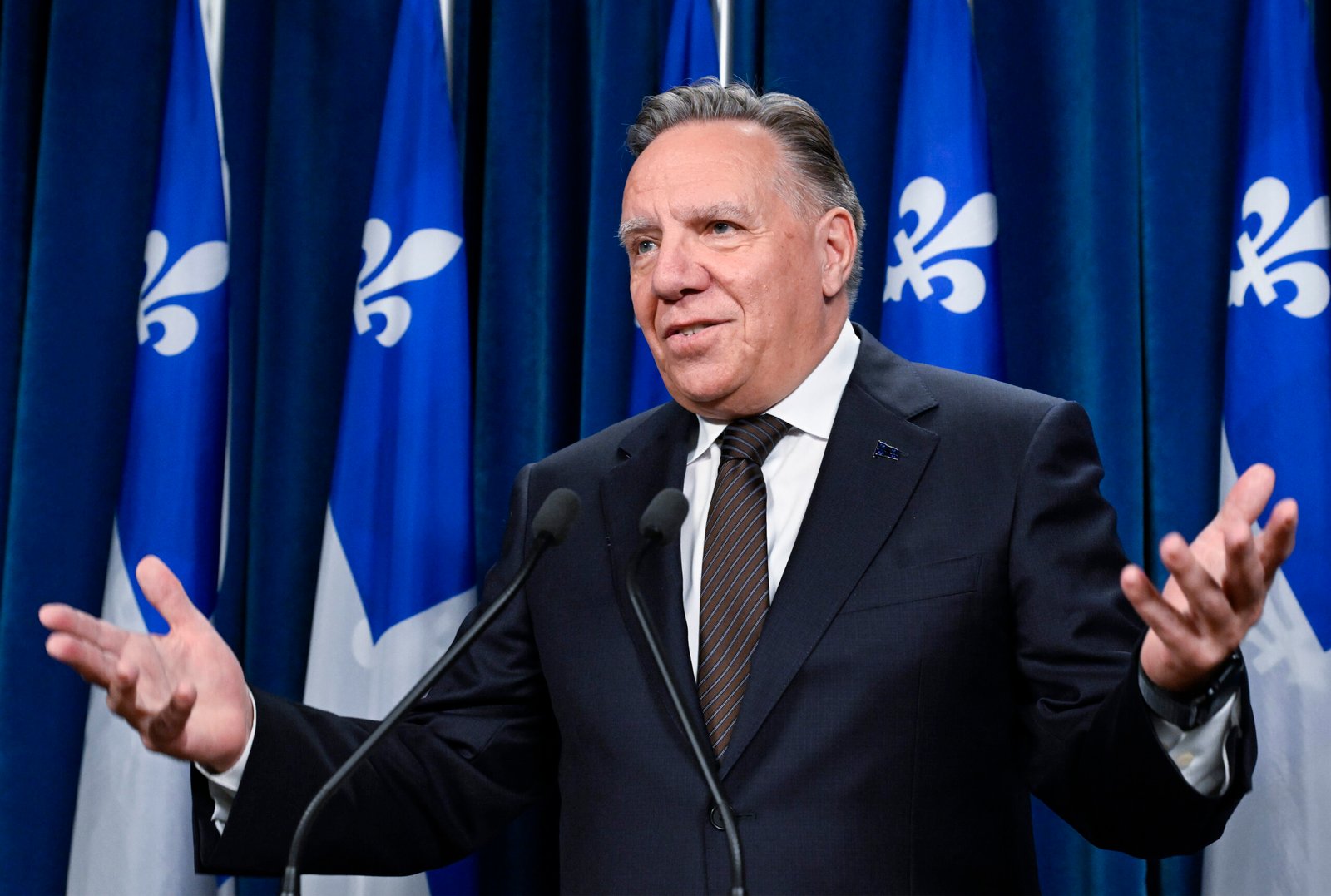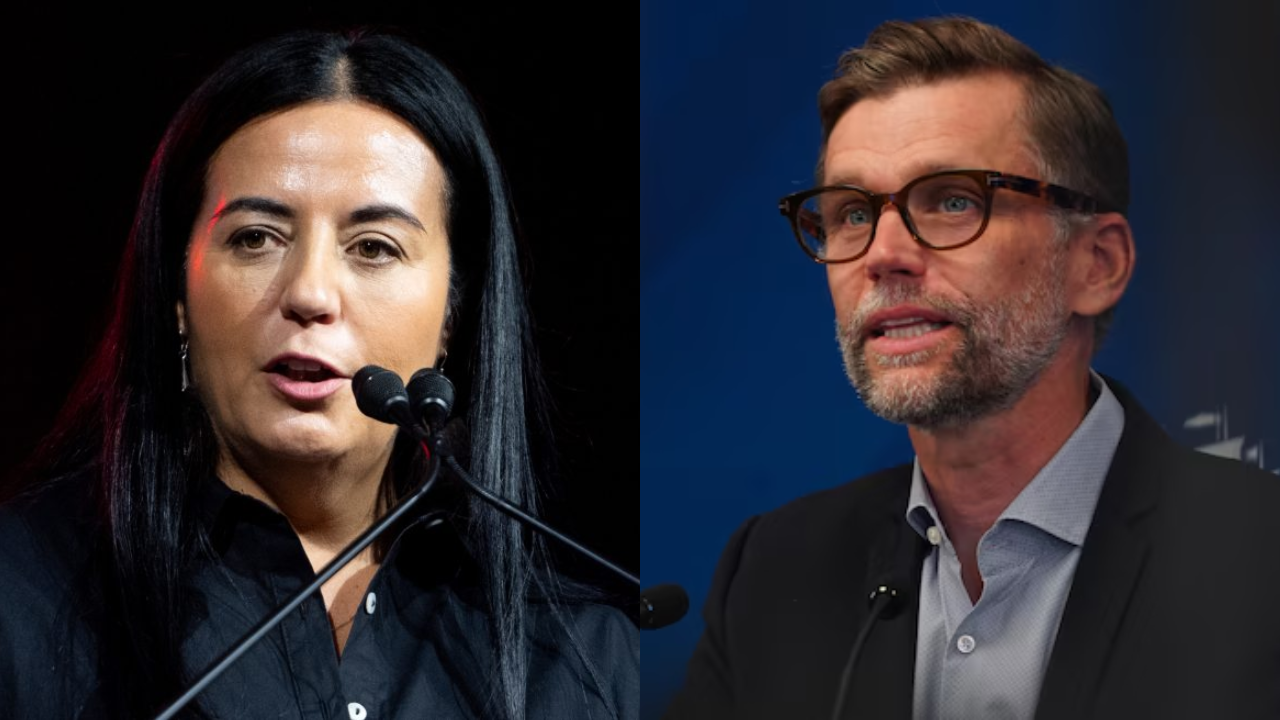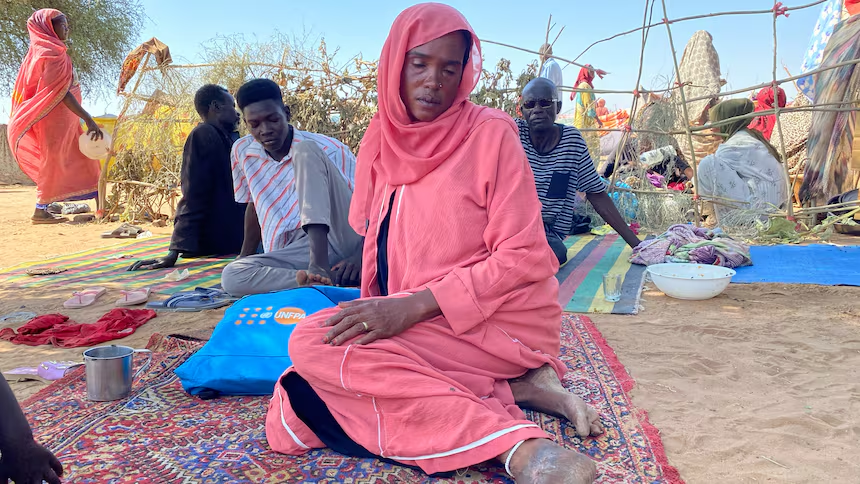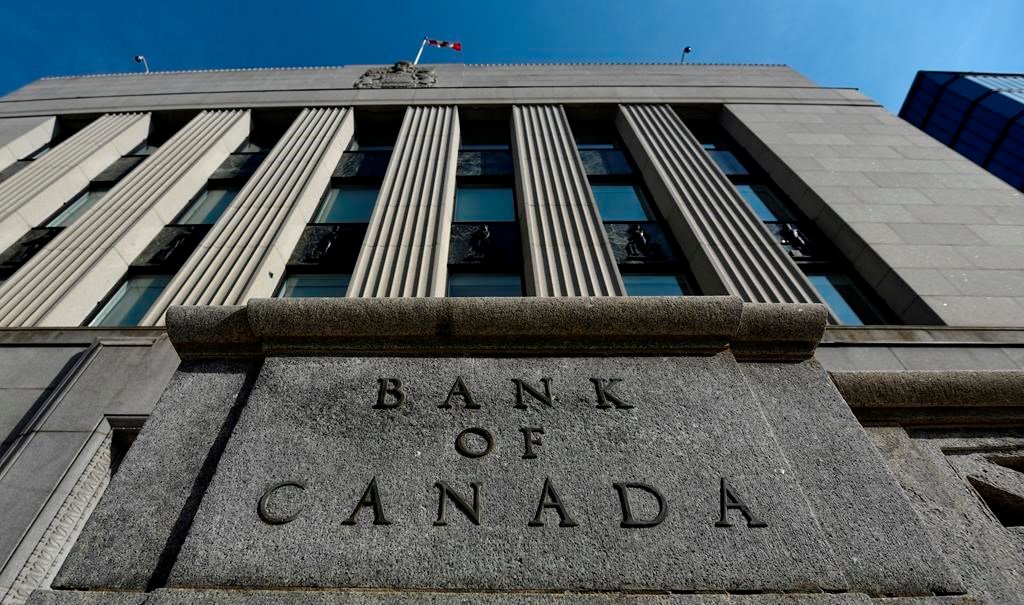Legault said radical Islamists are trying to impose their ideology on Canada, threatening women’s equality and Quebec’s secular principles. He vowed to defend identity and freedom at all costs.
Legault’s Remarks and Context
During a speech before the National Assembly, Legault declared that his government will not tolerate attempts to erode the secular foundation of Quebec. He asserted that certain Islamist groups seek to insert principles contrary to Quebec’s core values into public institutions.
He cited a case from Bedford School in Montreal, where a report alleged that teachers had intervened in class policies, and that girls faced restrictions in physical education.
Jean-François Roberge, Quebec’s minister of secularism, supported the remarks and called on Quebecers to “wake up” to the threat. He referenced alleged occurrences of gender separation, religious rituals in classrooms, and influence from religious organizations in public schools.
Reactions and Criticism
Muslim communities in Quebec expressed anger and concern over Legault’s language, arguing it stigmatizes Islam and ignores moderate voices. Many demanded clarity on what constitutes “radical Islamism.”
Opposition politicians also pushed Legault to define examples. Marwah Rizqy, Liberal House Leader, asked him to clarify what he meant by “assault of Islamist radicalism,” noting that a recent report on secularism did not mention “radical Islamism.”
Québec Solidaire and Parti Québécois also acknowledged threats of radicalism, but criticized how Legault framed the debate, calling out superlative language and arguing for more balanced discourse.
What This Means for Quebec and Canada
Legault’s remarks reinforce his party’s long-standing emphasis on laïcité (secularism) in Quebec. His government already passed Bill 21, banning religious symbols among public workers in positions of authority, invoking the notwithstanding clause.
By framing radical Islamism as an existential threat, Legault deepens cultural and identity debates in Quebec, especially around immigration, integration, and religious accommodation. The statement may influence provincial policies, education oversight, and public institution regulations.
However, without precise definitions or evidence, the rhetoric risks alienating religious minorities and fueling polarization. Quebec’s government must balance protecting secular customs with respecting freedom of religion and pluralism.











